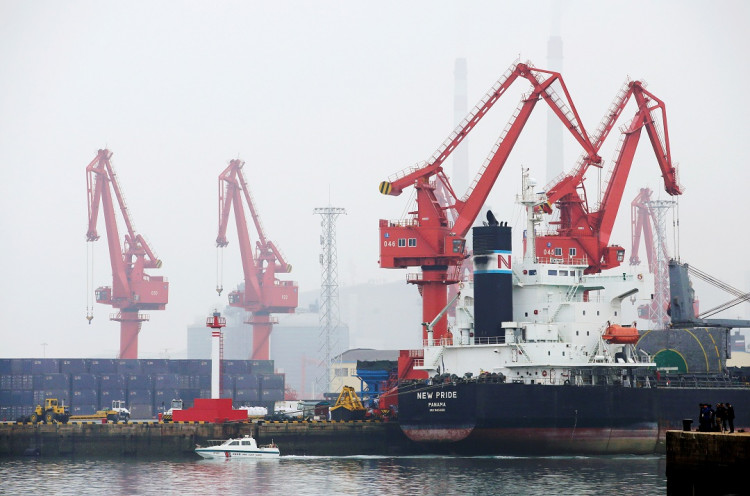China's scaling up of its oil and gas detecting and exploiting technologies has paid off as it has now added a significant amount to its geological reserves. PetroChina Changqing Oilfield Company, the regional branch of China's PetroChina, has discovered an additional 1 billion tons of oil from shale oil resources at its oil field in Qingcheng, Northwest China's Gansu province.
According to industry experts, the significant increase in China's reserves should help the country reduce its dependence on imports. The additional 1 billion tons of reserves are also vital in ensuring the country's energy security in the foreseeable future.
PetroChina originally announced the discovery of the geological reserves at its Qingcheng oil field earlier this month. The company has so far proved around 358 million tons out of the 1 billion tons claimed to be underneath the Ordos Basin.
The discovery is a big deal for China's largest oil and gas producer as it had seen its crude oil production decreased over the past years. In 2018, China's overall oil production had declined by 1.3 percent to 189 million tons. These figures were based on the annual report released by the China Electric Power Planning and Engineering Institute.
The decrease in domestic oil production has caused some concerns given China's increasing oil consumption. According to the National Development and Reform Commission, China consumed more than 325 million tons of refined oil in 2019.
This was a 6 percent increase from the country's refined oil consumption from the year before. This essentially means that China had imported almost half of the total amount of refined oil it had consumed, a clear indication of its dependence on foreign oil imports.
China is currently the largest oil importer in the world, while also being the second-largest oil consumer. Last year, the country imported around 440 million metric tons of unrefined crude oil. This was an 11 percent increase when compared to the amount it had imported in 2017. The China National Petroleum Corporation's Economics and Technology Research Institute had estimated that China's foreign oil dependency ration currently stands at around 69.8 percent.
Analysts have stated that the discovery of the new oil reserves should significantly boost China's confidence in its domestic oil reserve detection capabilities. This could result in a significant ramp-up and development of detecting and exploiting technologies. An influx of investment into the sector is likely to occur given the discovery, which could result in a reduction in production costs of unconventional oil.






